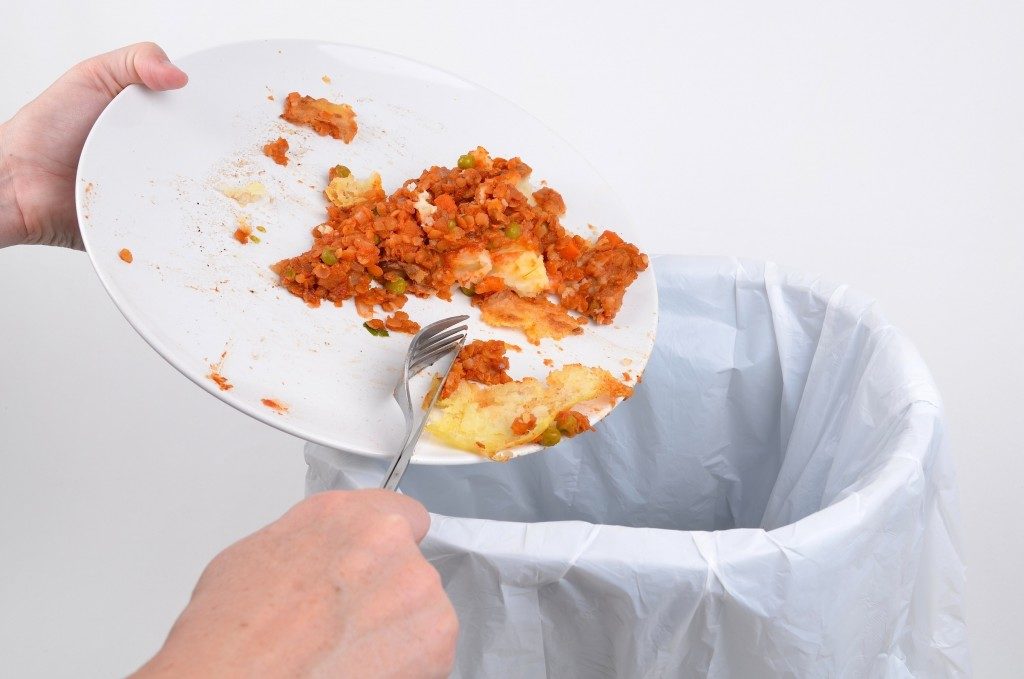- Dental health is significantly influenced by diet, with poor oral hygiene leading to numerous dental issues.
- Acidic, sugary, and starchy foods contribute to tooth decay, while calcium-rich and fibrous foods counteract damage.
- Regular cleaning, including brushing, flossing, and professional services, removes plaque and bacteria.
- Hydration and chewing sugar-free gum benefit oral health due to increased saliva production.
- Regular dentist visits enable early identification and treatment of dental problems, supplementing home oral care.
Your diet can affect your dental health in various ways. Studies have found that your diet plays a significant role in maintaining healthy teeth and gums. Whether you enjoy sweet treats or crunchy vegetables, the food you put in your mouth can make or break your oral health. Here’s a look into the average dental health of Americans, how your diet can affect your dental health, and ways to maintain good oral hygiene.
The Average Dental Health of Americans
According to the Centers for Disease Control and Prevention (CDC), 91% of adults aged 20-64 have had cavities in their permanent teeth. Additionally, about one in every five adults has untreated tooth decay. These statistics show that the average dental health of Americans is not as good as it should be. Poor oral hygiene can lead to many dental problems, including tooth decay, gum disease, and even tooth loss.
How Your Diet Can Affect Your Dental Health
Your diet greatly impacts your dental health. Here are some ways that can happen:
1. Acidic Foods And Drinks
Acidic foods and drinks like citrus fruits, soda, and sports drinks can cause enamel erosion. Every time you eat or drink something acidic, the acid attacks the enamel on your teeth, leading to tooth decay and sensitivity. To minimize damage, drink water after consuming acidic foods and drinks, and wait at least 30 minutes before brushing your teeth.

2. Sugary Foods And Drinks
Sugary snacks and drinks are notorious for causing cavities. The sugar in your diet feeds the bacteria in your mouth, producing acid that erodes your tooth enamel. Consuming sugary treats in moderation and brushing your teeth after eating them can help you maintain healthy teeth.
3. Starchy Foods
Starchy foods like bread, chips, and pasta are broken down into simple sugars by enzymes in your mouth. The sugars produced from starchy foods can also lead to cavities and gum disease. Limit your consumption of starchy foods and opt for healthier alternatives like vegetables and fruits.
4. Calcium-rich Foods
Calcium-rich foods like milk, cheese, and yogurt are essential for maintaining strong teeth and bones. They contain high levels of calcium that strengthen your teeth and neutralize the acid produced by other foods. Incorporating these foods into your diet can prevent tooth decay and promote healthy teeth and gums.
5. Fibrous Foods
Fibrous foods like apples, carrots, and celery help clean your teeth by stimulating saliva production. Saliva is a natural mouthwash to protect teeth from harmful bacteria and maintain good oral hygiene. Including fibrous foods in your diet can help you keep your teeth clean and healthy.
Ways to Keep Your Teeth Healthy
What you eat can affect your dental health. However, in addition to watching what you eat, here are some ways to maintain good oral hygiene:
Clean Teeth
You must keep your teeth clean. You can do so by brushing your teeth twice daily, flossing daily, and using mouthwash. These practices help remove plaque and bacteria that cause tooth decay and gum disease. Additionally, you can visit a teeth cleaning service provider at least once a year. This way, they can eliminate plaque and tartar buildup you may have missed.
Drink Water

Water is essential for maintaining good oral health. It helps wash away food particles from your teeth, keeps your mouth hydrated, and stimulates saliva production. Drinking water also helps dilute the acid produced by foods and drinks in your mouth, reducing their harmful effects on your teeth.
Chew Sugar-Free Gum
Chewing sugar-free gum can also help keep your teeth healthy. It increases saliva production, which helps wash away food particles and neutralize acid in your mouth. Chewing gum after meals or snacks can reduce the risk of cavities and promote good oral hygiene.
Visit Your Dentist Regularly
Regular dental checkups are crucial for maintaining good oral health. Your dentist can identify any dental problems early on and provide necessary treatment. They also clean your teeth professionally, removing plaque and tartar buildup that regular brushing may miss.
Your diet plays a significant role in maintaining healthy teeth and gums. By watching what you eat, practicing good oral hygiene habits, and visiting your dentist regularly, you can keep your teeth strong and prevent common dental problems. Remember, prevention is always better than treatment when it comes to your oral health. So take care of your teeth and enjoy a healthy smile for years!



